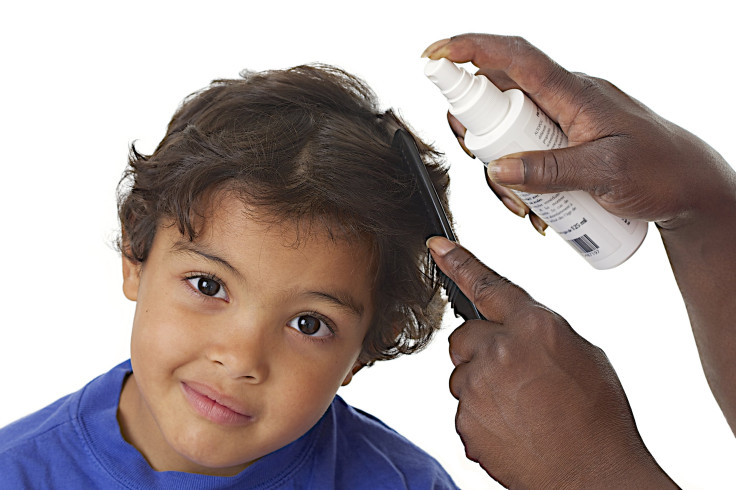Beware Of Resistant ‘Super Lice’ Burrowing In Your Hair: They Don’t Respond To Normal Treatment

A new strain of head lice, known as “super lice,” has become resistant to traditional medication and treatments, and schools have become a center point for their spreading, health experts warn.
Researchers discovered that the super lice are resistant to typical drugs that involve synthetic chemicals like sodium chloride or chrysanthemum-based treatments. “You use the product as the manufacturer says, and that product is no longer able to control head lice,” John Clark, professor of environmental toxicology and chemistry at the University of Massachusetts Amherst, told USA Today.
Children and parents alike are shuddering at the thought of itchy head lice that will be a pain to treat. “I think parents should be extremely concerned – they eat you, walking and crawling on your head – a horrible feeling,” Maggie Surprise, the mother of a 9-year-old student, told CBS New York. “I would never want my child to bring lice from school to home.”
Lice are able to survive treatment if the instructions aren’t followed correctly. Once they survive, they mutate and grow stronger, able to resist the treatment again at a later time. When they spread to other scalps, it becomes a growing problem. “You will kill some lice, leaving the more resistant lice to breed and create more resistant lice,” Clark said, according to Gothamist.
“In irony, that’s probably what we’re seeing here,” Clark told USA Today. “Over a period of time, they’re moving from child to child. The lice become stronger, and now they’re super because someone didn’t treat their kid’s head properly.”
Some health experts don’t like to use the term “super lice,” as it’s a sensationalist term, but refer instead to them as simply bugs that have become resistant. Pockets of resistant lice crop up around the country every so often. Instead of turning to store-bought medications, experts suggest going to your doctor for treatments like Sklice, which uses a different chemical that is effective against pyrethoid-resistant lice.
Before treating your scalp, make sure you have confirmation from a doctor that you actually have lice. Then, make sure to follow the directions for the medication properly, and wash everything that was in contact with the hair or scalp, like clothes or bedding; boil all combs or brushes. “We find people who’ve been dealing with this for days, weeks and sometimes years,” Natasha Buttrey, a technician for Lice Doctors, told USA Today. “We’re treating them with the same chemicals over and over and over, and we’re not expecting them to do what is natural for a parasite, and that’s adapt.”
Published by Medicaldaily.com



























